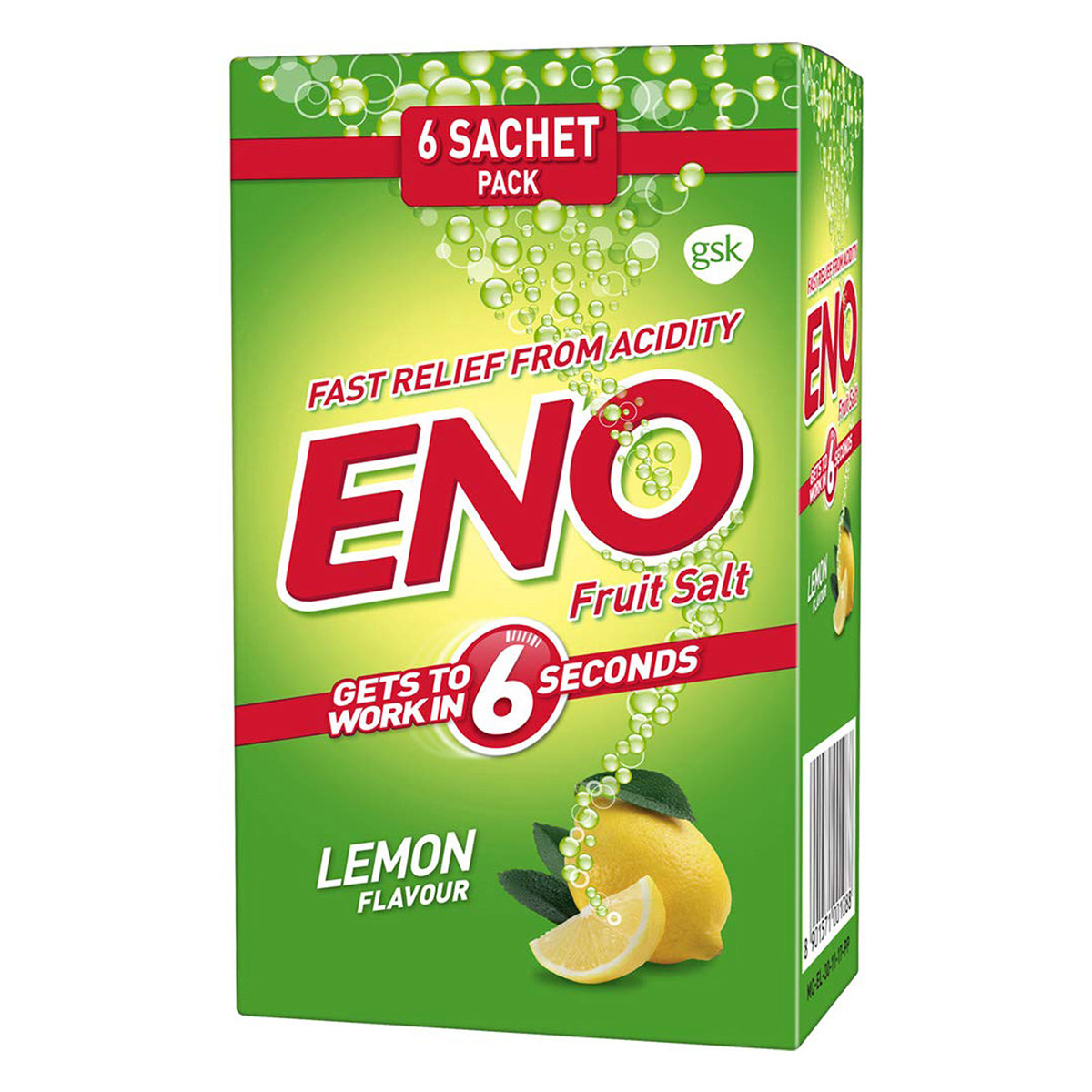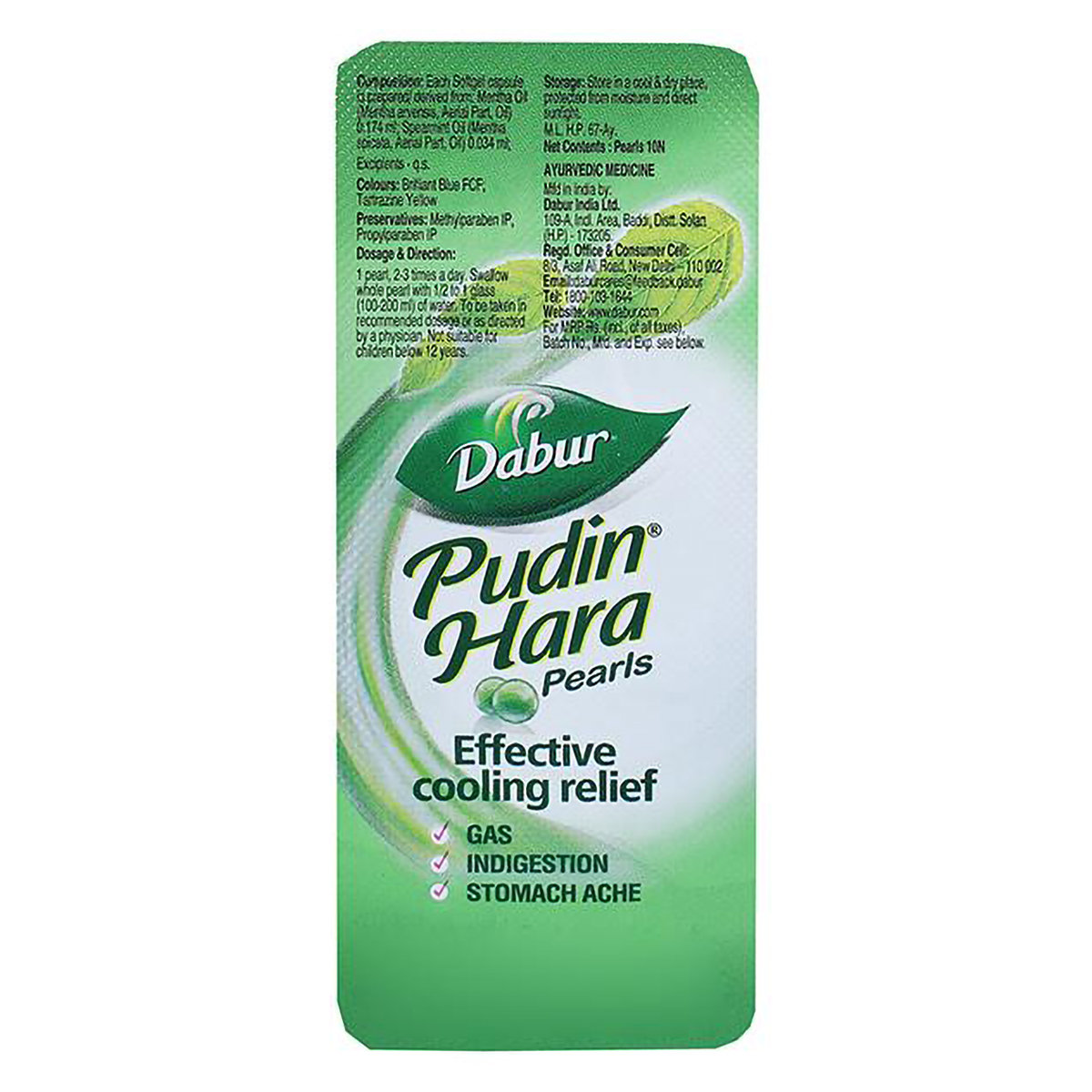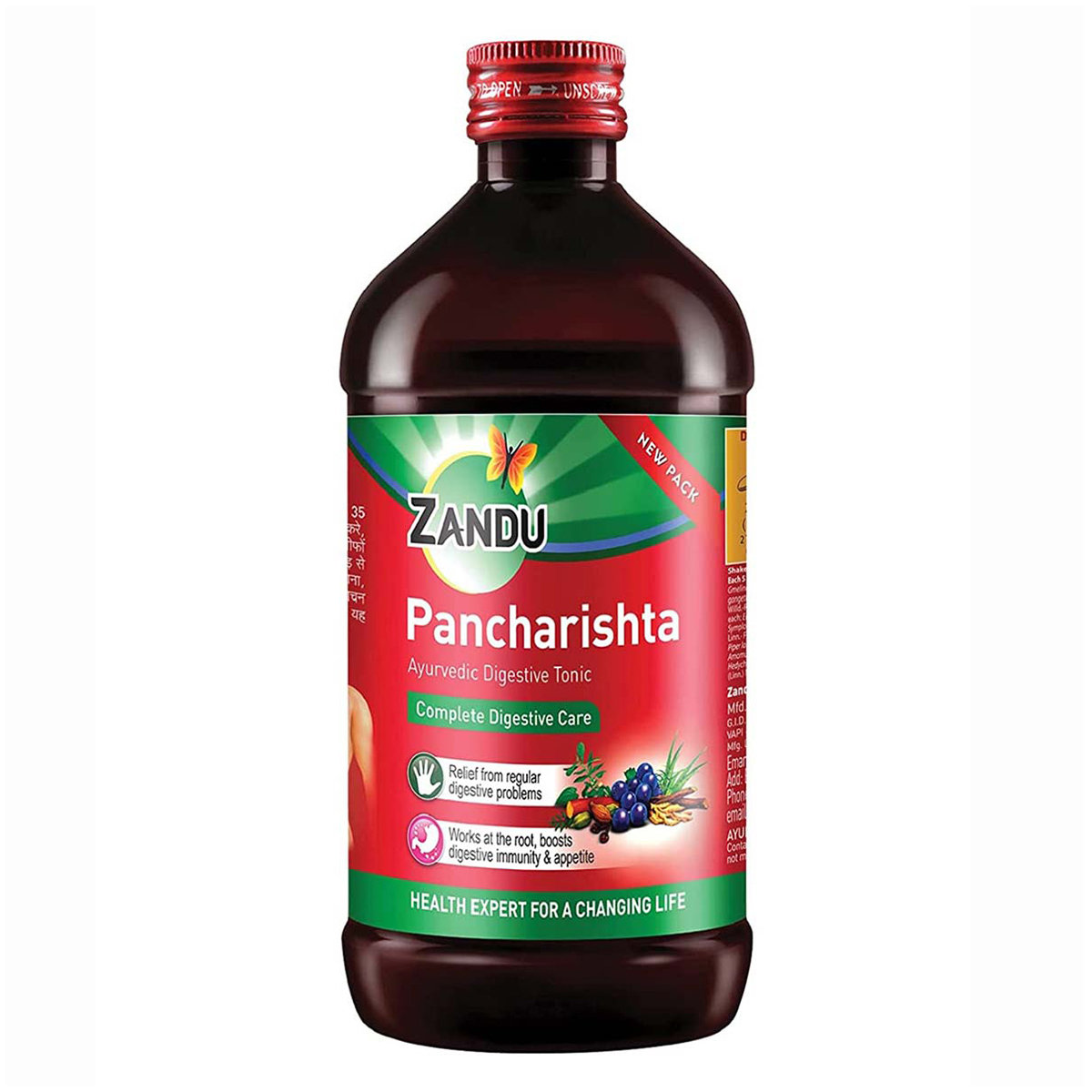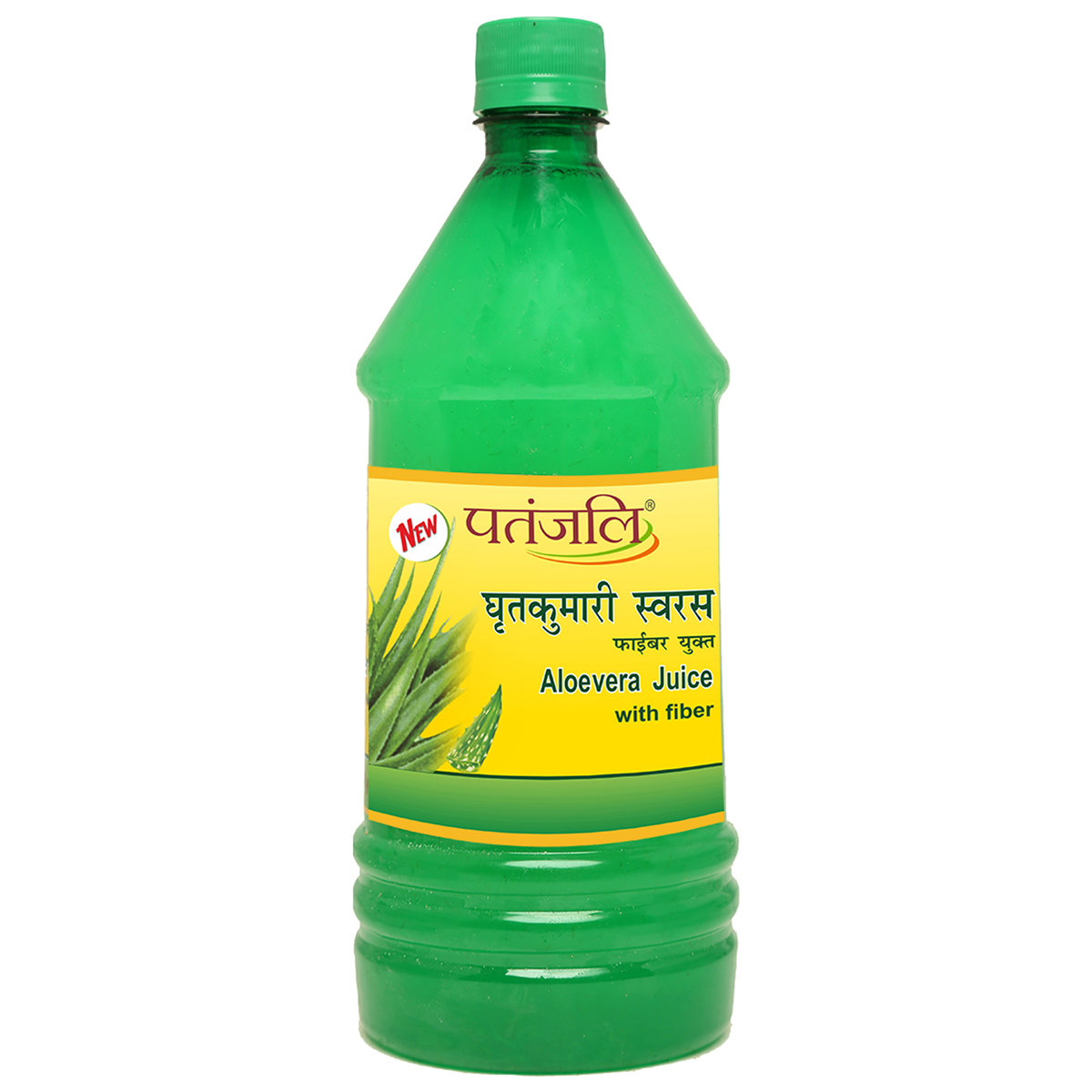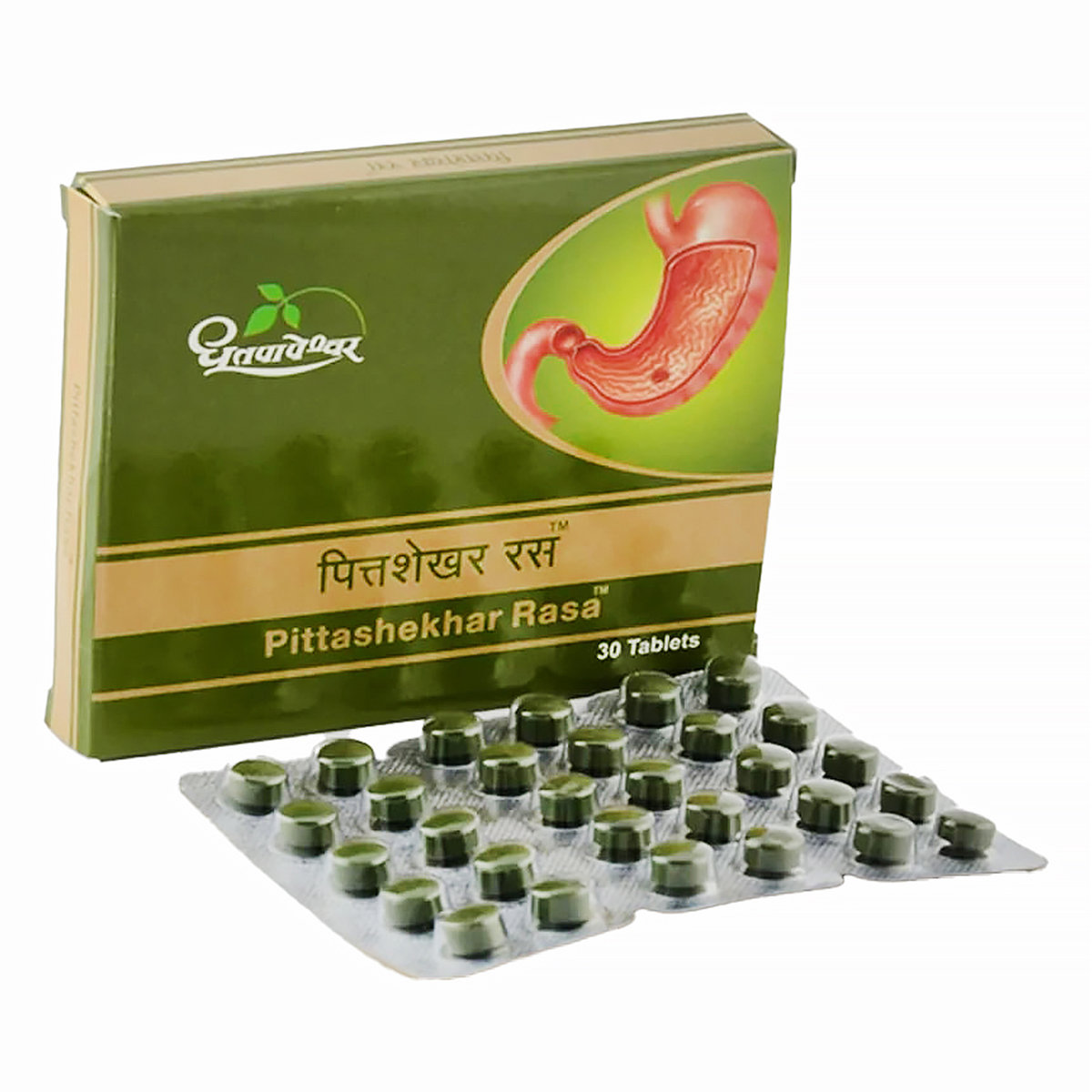CYCLOPAM INJECTION 10ML
MRP ₹22
(Inclusive of all Taxes)
₹3.3 Cashback (15%)
Provide Delivery Location

secured payment

india's most trusted pharmacy

genuine products
Composition :
Manufacturer/Marketer :
Consume Type :
Expires on or after :
Return Policy :
About CYCLOPAM INJECTION
CYCLOPAM INJECTION belongs to the class of ‘antispasmodic/anticholinergic/anti-muscarinic agents,’ primarily used to treat functional bowel or irritable bowel syndrome (IBS). CYCLOPAM INJECTION reduces spasms (sudden involuntary contraction) of the muscles in the stomach and intestines. Irritable bowel syndrome is an intestinal disorder that causes stomach pain, wind, constipation, and diarrhoea.
CYCLOPAM INJECTION contains ‘Dicyclomine,’ also known as Dicycloverine. Dicyclomine belongs to the class of ‘anticholinergic/anti-muscarinic agents’ with antispasmodic activity. CYCLOPAM INJECTION blocks the activity of acetylcholine (acetylcholine is a neurotransmitter that sends signals to nerve cells) by binding to muscarinic receptors on smooth muscle. This process helps relax smooth muscles and inhibits natural gut movements. Thus it prevents spasms in the muscles of the stomach and intestine.
CYCLOPAM INJECTION will be administered by a healthcare professional. Your doctor will advise the appropriate dose based on your medical condition. It shows common side effects like dizziness, drowsiness, light-headedness, weakness, nervousness, blurred vision, dry mouth, nausea, constipation, and trouble sleeping. These side effects may not occur in every patient using this medication and differ individually. If the side effects persist longer or worsen, please consult your doctor.
Let your doctor know if you are allergic to any medications. Inform your doctor if you have liver, kidney, heart disease, or other medical histories before receiving CYCLOPAM INJECTION. Some antacids may inhibit the absorption of CYCLOPAM INJECTION; hence maintain a time gap between the intake of antacids and CYCLOPAM INJECTION. CYCLOPAM INJECTION may cause blurred vision, dizziness and drowsiness; hence do not drive or operate machinery until you feel better. Let your doctor know if you are pregnant and breastfeeding before taking CYCLOPAM INJECTION. This medicine is not recommended for children below six months of age.
Uses of CYCLOPAM INJECTION

Have a query?
Directions for Use
Key Benefits
CYCLOPAM INJECTION contains ‘Dicyclomine,’ also known as Dicycloverine. Dicyclomine is an ‘anticholinergic/anti-muscarinic agent’ with antispasmodic activity. CYCLOPAM INJECTION effectively treats irritable bowel syndrome (IBS). It works by blocking the activity of acetylcholine by binding to muscarinic receptors on smooth muscle. This process helps relax the smooth muscles, inhibits natural gut movements, decreases gastric acid secretion, and controls excessive gastrointestinal secretions. Thus it prevents spasms in the muscles of the stomach and intestines. CYCLOPAM INJECTION is also used to relieve stomach cramps, bloating, and pain in the stomach and intestine.
Storage
- Inform your doctor about dry mouth symptoms. They may adjust your medication regimen or prescribe additional medications to manage symptoms.
- Drink plenty of water throughout the day to help keep your mouth moist and alleviate dry mouth symptoms.
- Chew sugar-free gum or candies to increase saliva production and keep your mouth moisturized.
- Use saliva substitutes, such as mouthwashes or sprays, only if your doctor advises them to help moisturize your mouth and alleviate dry mouth symptoms.
- Avoid consuming smoking, alcohol, spicy or acidic foods, and other irritants that may aggravate dry mouth symptoms.
- Schedule regular dental check-ups to keep track of your oral health and handle any dry mouth issues as they arise.
- Inform your doctor about the nausea and discuss possible alternatives to the medication or adjustments to the dosage.
- Divide your daily food intake into smaller, more frequent meals to reduce nausea.
- Opt for bland, easily digestible foods like crackers, toast, plain rice, bananas, and applesauce.
- Avoid certain foods that can trigger nausea, such as fatty, greasy, spicy, and smelly foods.
- Drink plenty of fluids, such as water, clear broth, or electrolyte-rich beverages like coconut water or sports drinks.
- Use ginger (tea, ale, or candies) to help relieve nausea.
- Get adequate rest and also avoid strenuous activities that can worsen nausea.
- Talk to your doctor about taking anti-nausea medication if your nausea is severe.
- Record when your nausea occurs, what triggers it, and what provides relief to help you identify patterns and manage your symptoms more effectively.
- Inform your doctor about dizziness symptoms. They may adjust your medication regimen or prescribe additional medications to manage symptoms.
- Follow your doctor's instructions for taking medication, and take it at the same time every day to minimize dizziness.
- When standing up, do so slowly and carefully to avoid sudden dizziness.
- Avoid making sudden movements, such as turning or bending quickly, which can exacerbate dizziness.
- Drink plenty of water throughout the day to stay hydrated and help alleviate dizziness symptoms.
- If you're feeling dizzy, sit or lie down and rest until the dizziness passes.
- Track when dizziness occurs and any factors that may trigger it, and share this information with your doctor to help manage symptoms.
- Rest well; get enough sleep.
- Eat a balanced diet and drink enough water.
- Manage stress with yoga and meditation.
- Limit alcohol and caffeine.
- Physical activities like walking or jogging might help boost energy and make you feel less tired.
- Tell your doctor immediately if you experience symptoms of Nervousness, such as anxiety, jitteriness, or an increased heart rate, after taking medication or adjusting your medication regimen.
- Your doctor may adjust your medication regimen to alleviate symptoms of Nervousness. This can include switching to a different medication, reducing the dosage, or temporarily stopping the medication. Your doctor may also recommend alternative techniques like relaxation, mindfulness meditation, or journaling. These techniques can help reduce anxiety and Nervousness.
- Practice stress-reducing techniques, such as deep breathing exercises, yoga, or journaling, to help manage Nervousness.
- Engage in regular physical activity, such as walking or jogging, to help reduce anxiety and improve mood.
- Your doctor may advise considering cognitive-behavioural therapy (CBT) or other forms of talk therapy to address underlying anxiety or Nervousness.
- You should maintain regular follow-up appointments with your doctor to monitor nervousness symptoms, adjust treatment plans as needed, and discuss any concerns or questions.
- Avoid driving or operating machinery or activities that require high focus until you know how the medication affects you.
- Maintain a fixed sleeping schedule, create a relaxing bedtime routine and ensure your sleeping space is comfortable to maximize your sleep quality.
- Limit alcohol and caffeine as these may worsen drowsiness and disturb sleep patterns.
- Drink plenty of water as it helps with alertness and keeps you hydrated and for overall well-being.
- Moderate physical activity can improve energy levels, but avoid intense workouts right before bedtime.
Drug Warnings
Let your doctor know if you are sensitive to CYCLOPAM INJECTION or its inactive components. CYCLOPAM INJECTION should be used with caution and only under doctor’s supervision if you have stomach/intestinal problems like slow gut, bowel blockage, acid reflux, ulcerative colitis (inflammation of the colon), and diarrhoea due to intestine surgeries like ileostomy and colostomy. Also, inform your doctor if you have any liver or kidney diseases, urinary retention problems (enlarged prostate), glaucoma, high blood pressure, heart diseases (irregular heart rhythm, coronary artery disease, heart failure), nervous system disorders, and myasthenia gravis (muscle weakness) before using CYCLOPAM INJECTION. This medicine may cause blurry vision and sleepiness affecting your mental focus; hence do not drive or operate machinery until you feel better. Tell your doctor if you are pregnant, planning pregnancy, or a nursing mother before being treated with CYCLOPAM INJECTION.
Drug-Drug Interactions
Drug-Drug Interactions
Login/Sign Up
Co-administration of Pramlintide with Cyclopam Injection 10ml can increase the risk of reduced gastrointestinal movement.
How to manage the interaction:
Taking Cyclopam Injection 10ml with Pramlintide is not recommended, please consult your doctor before taking it. Do not discontinue the medication without consulting a doctor.
Taking Cyclopam Injection 10ml and Potassium citrate together can increase the risk of stomach ulcers, bleeding, and gastrointestinal injury.
How to manage the interaction:
Taking Cyclopam Injection 10ml with Potassium citrate is not recommended, as it may lead to an interaction, it can be taken if prescribed by the doctor. However, if you experience severe stomach pain, bloating, sudden lightheadedness or dizziness, nausea, vomiting (especially with blood), decreased hunger, or dark, tarry stools, consult the doctor immediately. Do not discontinue any medications without a doctor's advice.
Co-administration of Cyclopam Injection 10ml with Potassium chloride can increase the risk of stomach ulcers.
How to manage the interaction:
Taking Cyclopam Injection 10ml with Potassium chloride is not recommended, as it can lead to an interaction, it can be taken if a doctor has prescribed it. However, if you experience severe stomach pain, bloating, sudden lightheadedness or dizziness, nausea, vomiting (especially with blood), decreased hunger, dark, tarry stools, consult the doctor immediately. Do not discontinue the medication without consulting a doctor.
Co-administration of Cyclopam Injection 10ml with Zonisamide may worsen effects like increased body temperature and sweating.
How to manage the interaction:
If you have to use Cyclopam Injection 10ml and Zonisamide together, your doctor may adjust the dose or monitor you more frequently to safely use both medications. You may also experience drowsiness, dizziness, or lightheadedness when taking these medications together. Do not discontinue any medication without consulting a doctor.
Co-administration of Secretin human with Cyclopam Injection 10ml may decrease the therapeutic efficacy of Secretin human.
How to manage the interaction:
Taking Cyclopam Injection 10ml with Secretin together can possibly result in an interaction, but it can be taken if your doctor has advised it. Do not discontinue any medications without first consulting your doctor.
Co-administration of Cyclopam Injection 10ml with Topiramate may worsen effects like increased body temperature and sweating.
How to manage the interaction:
If you have to use Cyclopam Injection 10ml and Topiramate together, your doctor may adjust the dose or monitor you more frequently to safely use both medications. Drink plenty of fluids during warm weather and when exercising and contact a doctor if you have decreased sweating or a fever. You may also experience drowsiness, dizziness, or lightheadedness when taking these medications together. Do not discontinue the medication without consulting a doctor.
Drug-Food Interactions
Drug-Food Interactions
Login/Sign Up
Diet & Lifestyle Advise
- Avoid or limit the intake of alcohol and caffeine.
- Manage stress, eat healthily, drink plenty of water, exercise regularly, and get plenty of sleep.
- Limit taking high-fibre foods and drinks containing chocolate, milk, alcohol, caffeine, fructose, sorbitol, carbonated drinks, fried, and fatty foods.
- Do not have large meals at a time; instead, try having small and simpler meals at regular intervals, including fresh fruits and vegetables.
- Practice yoga and recreation techniques to manage your emotional stress.
- If you are lactose intolerant, avoid using dairy products since they can worsen your IBS.
- If you cannot take dairy products, it is advised to include other calcium-rich foods like leafy greens, beans, nuts, and seeds.
- Drink plenty of fluids and dress lightly to prevent heatstroke and dehydration.
- Avoid overly sweating activities like hard exercises and using hot tubs.
Habit Forming
Therapeutic Class
All Substitutes & Brand Comparisons
RX
Out of StockNT Spas 10mg Injection
Intas Pharmaceuticals Ltd
₹10
(₹0.3/ 1ml)
84% CHEAPERRX
Out of StockBalagin Injection
Akme Biotec
₹29
(₹0.87/ 1ml)
56% CHEAPERRX
Out of StockDicipam 10mg Injection
₹3.5
(₹1.58/ 1ml)
20% CHEAPER
Alcohol
Safe if prescribed
Avoid consuming alcohol while being treated with CYCLOPAM INJECTION as it may worsen your condition. Please consult your doctor for more information.
Pregnancy
Consult your doctor
If you are pregnant, inform your doctor before taking CYCLOPAM INJECTION. Your doctor may prescribe this medicine if the benefits outweigh the risks.
Breast Feeding
Consult your doctor
It is not recommended to use CYCLOPAM INJECTION during breastfeeding. CYCLOPAM INJECTION can pass into breast milk and cause undesirable effects in infants.
Driving
Safe if prescribed
CYCLOPAM INJECTION may cause side effects like dizziness, drowsiness, and blurry vision, which could affect your ability to focus. Please do not drive or operate machines until you feel better.
Liver
Consult your doctor
Let your doctor know if you have any history of liver diseases or hepatic impairment. Your doctor will adjust the dose or prescribe a suitable alternative based on your condition.
Kidney
Consult your doctor
Let your doctor know if you have any history of kidney diseases. Your doctor will adjust the dose or prescribe a suitable alternative based on your condition.
Children
Safe if prescribed
CYCLOPAM INJECTION is not recommended for children younger than six months. Your doctor will decide the dose and duration based on your child’s age and medical condition.
FAQs
CYCLOPAM INJECTION consists of Dicyclomine, an anticholinergic agent that treats irritable bowel syndrome. It works by relaxing the muscles and inhibiting natural gut movements, thus relieving muscle spasms and cramps in the stomach and intestine, abdominal pain, constipation and other gastrointestinal discomforts.
CYCLOPAM INJECTION should be used with caution if you have any liver, kidney or heart diseases, stomach and intestinal problems, muscle weakness (myasthenia gravis), nervous system disorders, glaucoma, urinary retention, and glaucoma (damage to the optic (eye) nerve).
Drug use can cause heat prostration (fever and heat stroke because of decreased sweating); it should be stopped, and supportive measures should be implemented.
Antacids may lower the absorption of CYCLOPAM INJECTION and reduce its efficacy. It is advised to take antacid and CYCLOPAM INJECTION with a time gap of two hours. Please seek medical advice for more information.
If you suffer from IBS, limit taking milk products, high-fibre foods, foods and drinks that contain chocolate, alcohol, caffeine, fructose, or sorbitol, carbonated drinks, and fried and fatty foods. Do not have large meals; instead, try having small and simpler meals at regular intervals, including fresh fruits and vegetables.
Country of origin
Manufacturer/Marketer address
Disclaimer
Author Details
We provide you with authentic, trustworthy and relevant information





